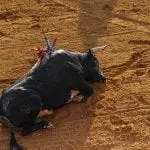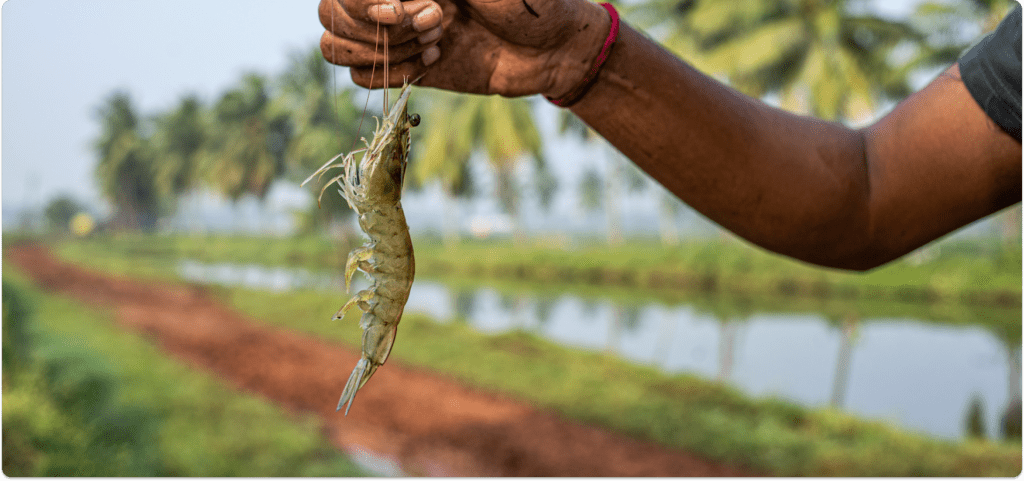Welcome to the Cruelty.farm Blog
The Cruelty.farm Blog is a platform dedicated to uncovering the hidden realities of modern animal agriculture and its far-reaching impacts on animals, people, and the planet. Articles provide investigative insights into issues such as factory farming, environmental damage, and systemic cruelty—topics often left in the shadows of mainstream discussions.
Every post is rooted in a shared purpose: to build empathy, question normalcy, and ignite change. By staying informed, you become part of a growing network of thinkers, doers, and allies working toward a world where compassion and responsibility guide how we treat animals, the planet, and each other. Read, reflect, act—each post is an invitation to change.
The tragic story of Strawberry the boxer and her unborn pups in 2020 sparked a powerful movement against the inhumane practices of puppy farming across Australia. Despite public outcry, inconsistent state regulations continue to leave countless animals vulnerable. However, Victoria is leading the charge for change with the Animal Law Institute’s (ALI) innovative ‘Anti-Puppy Farm Legal Clinic.’ By leveraging Australian Consumer Law, this groundbreaking initiative aims to hold unethical breeders accountable while advocating for stronger, unified protections for companion animals nationwide


























































